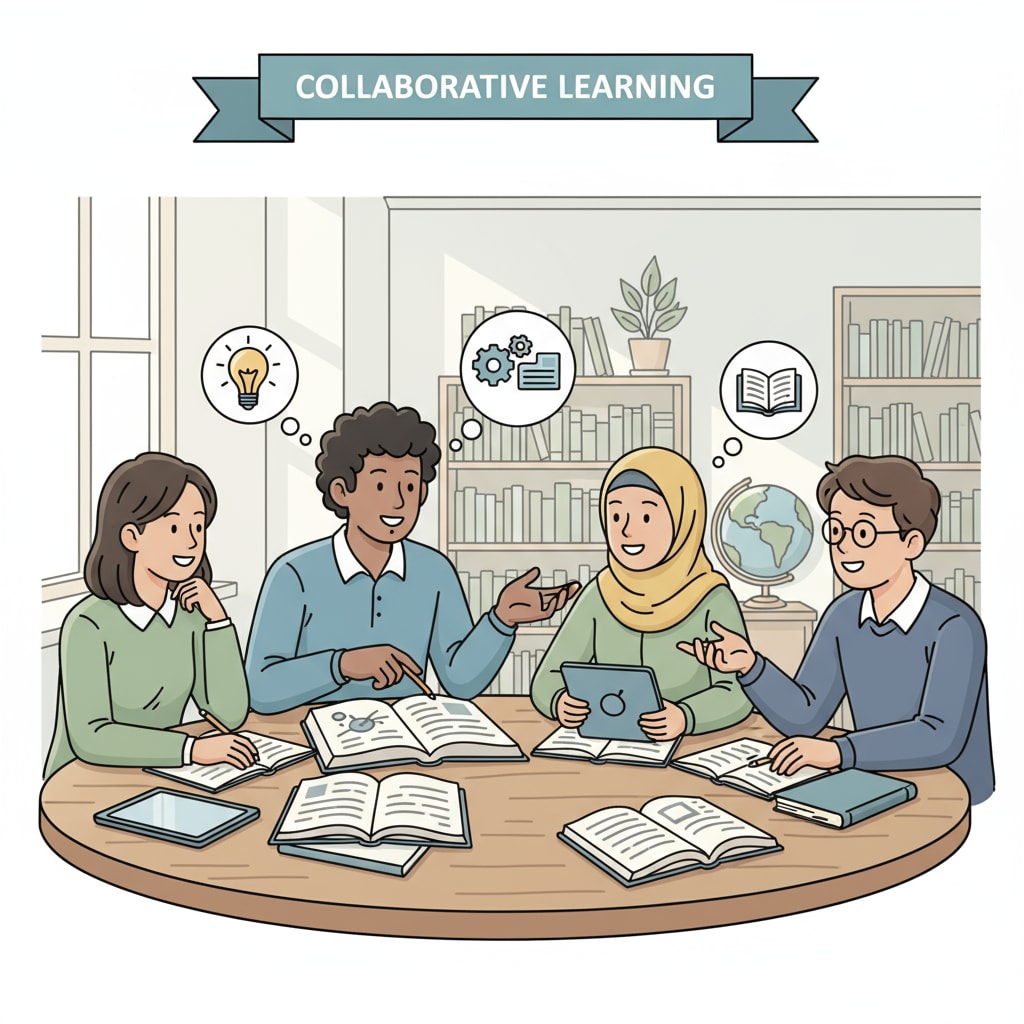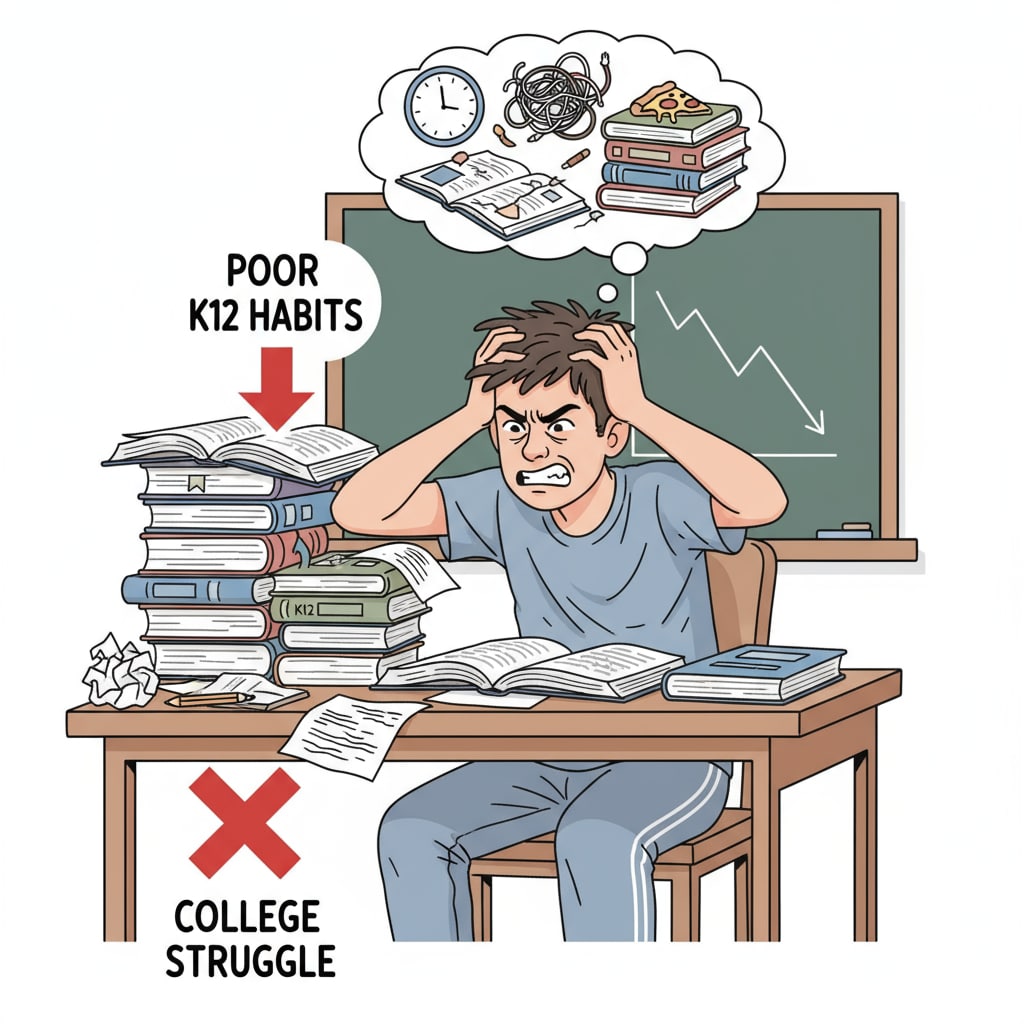Academic failure, reapplication, and academic exclusion can be daunting experiences that many students face on their educational journey. However, they don’t have to be the end of the road. In fact, they can serve as powerful catalysts for growth and a chance to rewrite one’s academic narrative. Let’s delve into how students can turn these setbacks into opportunities and embark on a successful return to college education.

The Lingering Impact of K12 on College Life
The learning habits and mindset cultivated during K12 play a crucial role in a student’s college experience. For example, students who have developed poor study habits, such as procrastination or lack of organization, may find themselves struggling academically in college. According to American Psychological Association’s college success guide, these early habits can lead to increased stress and lower grades. Moreover, a negative mindset, such as a fear of failure or a lack of self-confidence, can further exacerbate academic difficulties. This can ultimately result in academic failure and even academic exclusion.

Self-Reflection: The First Step to Redemption
After experiencing academic failure or exclusion, the first and most crucial step is self-reflection. Students need to take a hard look at what went wrong. Was it a lack of effort, ineffective study methods, or external factors? Understanding the root causes is essential for making meaningful changes. For instance, if a student realizes that they were not managing their time effectively, they can start by creating a structured study schedule. This self-awareness is the foundation for reapplication and a successful return to college. As Verywell Mind’s guide on self-reflection states, it helps in identifying areas for improvement.
Systematic changes are also necessary. This could involve seeking academic support services, such as tutoring or study skills workshops. Additionally, students might need to adjust their lifestyle to better accommodate their studies. For example, reducing distractions and ensuring a healthy work-life balance. By making these changes, students can enhance their chances of success when they reapply to college.
Finally, it’s important for students to seek help when needed. This could be from professors, academic advisors, or mental health professionals. They can provide valuable guidance and support throughout the process of recovery and reapplication.
Readability guidance: By following these steps – self-reflection, systematic changes, and seeking help – students can overcome academic failure, deal with academic exclusion, and successfully reapply to college. This journey may not be easy, but it is definitely worth it for a brighter educational future.


